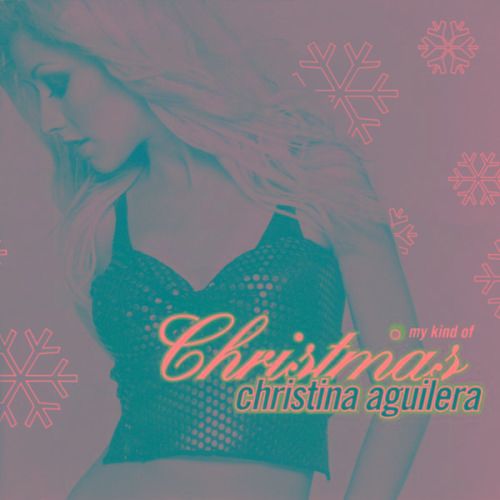
|onclusion: Freedom and Publication in Epistles 1.13 and 1.20 PA6411.M334 2015 871´.01-dc23 2015009227Ģ Horace the Student: Inconsistency and Sickness in Epistles 1.1, 1.8, and 1.15ģ Horace the Teacher: Poetry and Philosophy in Epistles 1.1 and 1.2Ĥ Nil Admirari: The Moral Adviser of Epistles 1.4, 1.5, 1.6, and 1.12ĥ Otia Liberrima: Horace, Maecenas, and the Sabine Farm in Epistles 1.7 and 1.16Ħ The Limits of Rural Libertas: Epistles 1.10, 1.11, and 1.14ħ Moderate Freedom and Friendship: Epistles 1.17 and 1.18Ĩ Moderate Freedom and Poetry: Epistles 1.3 and 1.19 Epistolary poetry, Latin-History and criticism. This book started life as a doctoral dissertation completed in 2007 at the University of Virginia, where I could not have asked for a more vibrant Classics community or a more generous group of colleagues and friends. I am especially grateful for the many years of encouragement and support provided by K.

Sara Myers, who directed the dissertation and has provided invaluable guidance on a number of other projects along the way. Special thanks are due to the other members of my doctoral committee, John Miller, Tony Woodman, and Dan Devereux, who provided much helpful feedback and criticism. I am indebted also to Jenny Strauss Clay, Edward Courtney, Elizabeth Sutherland, and David Rohrbacher for teaching me a great deal about Horace. Over the years I have received the benefit of having many an utile exemplar in the field of Classics. In addition to those already listed, these include especially Christopher Craig, Susan Martin, David Tandy, Anne Groton, and Jane Crawford. I am deeply thankful for these teachers and mentors. I have had a great deal of support at Sewanee: The University of the South during the writing of this book. In particular I would like to thank Christopher McDonough for being a model of collegiality and an ideal departmental chair.


This project would not have been possible without a sabbatical leave generously endorsed by John Gatta, Dean of the College.


 0 kommentar(er)
0 kommentar(er)
